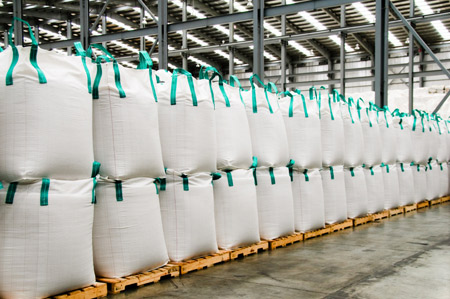Australia Seeks Sweeter Sugar Deal From Trans-Pacific Partnership
Category: Sugar
 (Wall Street Journal) – Australia said it wouldn’t sign up to the Trans-Pacific Partnership unless U.S. negotiators agreed to a better deal for the resource-rich nation’s sugar producers.
(Wall Street Journal) – Australia said it wouldn’t sign up to the Trans-Pacific Partnership unless U.S. negotiators agreed to a better deal for the resource-rich nation’s sugar producers.
Final talks are underway in Hawaii aimed at securing a major trade agreement between 12 Pacific nations, including the U.S. and Japan. But in an interview with a local radio station on Wednesday, Australian Trade Minister Andrew Robb described the mood among negotiators as tense.
“Every country just about has still got something on the table they’re not satisfied with yet, as is the case with us,” Mr. Robb said. “I’m not going to sign it without something for the sugar industry.” Australia is the world’s third-biggest exporter of raw sugar.
Senior government colleagues of his, including Agriculture Minister Barnaby Joyce, have also said they wouldn’t back the TPP unless Australia’s 2 billion Australian dollar (US$1.5 billion) sugar industry was assured of a better deal.
The U.S. has long worked to protect its domestic sugar cane and beet farmers from low-cost producers abroad, but Australia is looking to boost sugar exports to North America through the deal. This week, members of America’s influential sugar industry said they wouldn’t support any agreement that allowed more imports of the commodity into the U.S.—which is expected to need to import 4.5 million tons of sugar each year over the coming decade.
The goal of the current talks is to complete a deal by Friday, creating a 12-nation bloc accounting for two-fifths of the world’s economic output that would boost growth and put pressure on China—not part of the talks—to accelerate reform and liberalize its economy.
However, the talks between the U.S., Japan, Canada, Malaysia, Australia and the seven other members have been difficult, triggering disputes on several matters, including the U.S. position on pharmaceutical patents and on how state-owned businesses should be treated.
Negotiators are split over the best approach to patenting “biologic” medicines, treatments derived from work in biotechnology. Some nations are demanding the time frame on patents be as little as five or eight years, whereas the U.S. says its standard 12-year buffer should apply because of the time and expense involved in creating such treatments.
“That doesn’t mean we have to fall into line and we’re not going to,” said Mr. Robb, adding that he supported a five-year buffer. “There’s a lot of tension running about the building here at the moment. Some very frank discussions.” Mr. Robb said Canberra also wanted to modify current proposals that allow foreign companies to sue governments in member countries over new laws that negatively affect their business.




